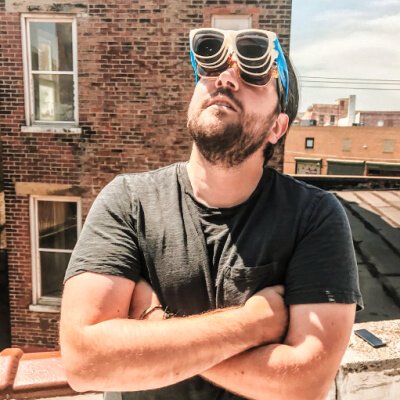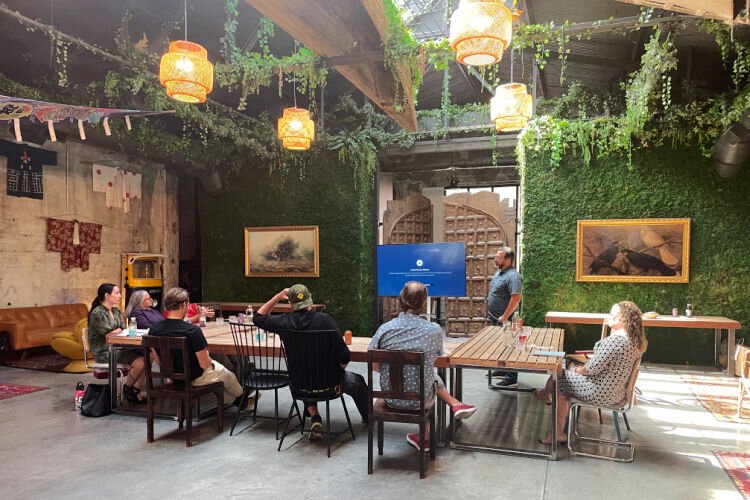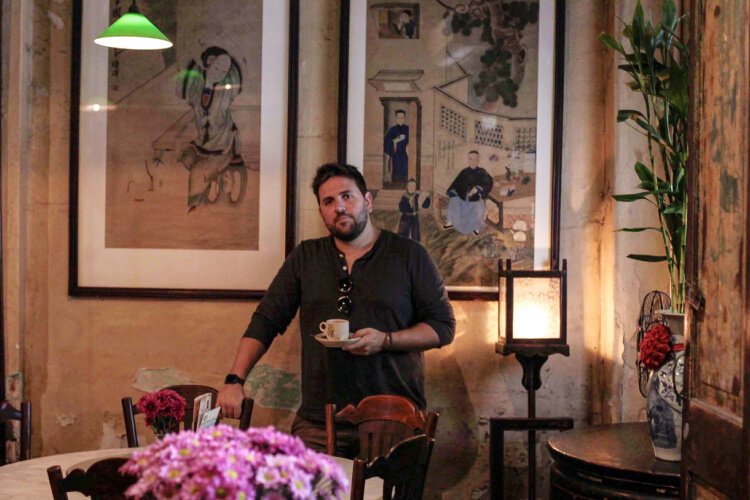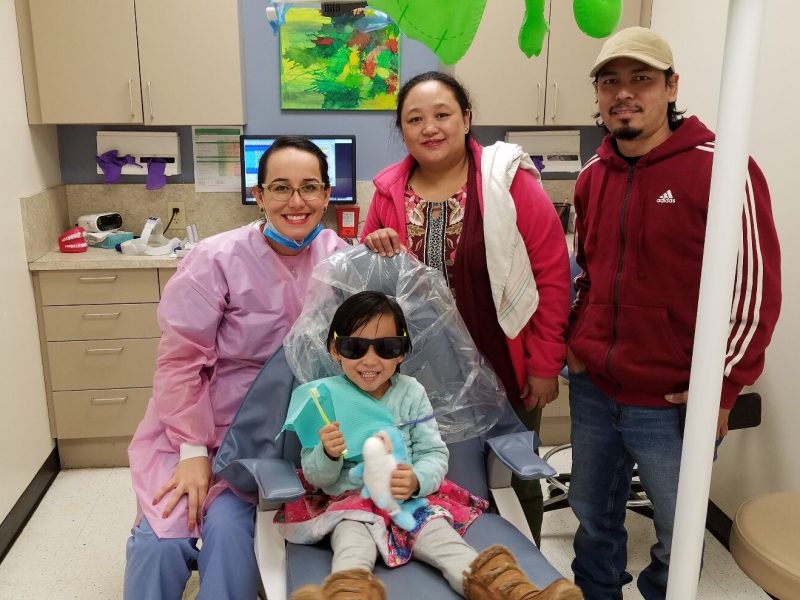Coming Clean: 5 questions with hospitality entrepreneur James Fisher
With UK roots and a spell in Berlin, Germany, Fisher found his way to Cincinnati via The Brandery in 2011. Find out why he stayed and how he's settled in.
If you’ve never heard of James Fisher or his company Lost Hospitality, it’s likely you have heard of (or chilled in) one of his unique spaces. To date, these one-of-a-kind locations include: Second Story in Covington, Alice on Main Street downtown, the lush and vibrant Somerset Bar on E. McMicken, and its sister private event space, Somerhaus, on Republic Street.
Step into any one of these places, and you’ll instantly be washed with a welcoming, global and eclectic vibe, which is totally by design. James and his team are passionate about creating spaces that simultaneously respect the history of the original building and yet bring it forward into the current times in a way that’s fresh and lively. Perhaps the only way to accomplish this level of curated care is to do it all by hand, some would say “the hard way.” But to James, it’s just business as usual. However he does it, we’ll take it. Cheers!
1) You grew up global, and could have literally settled anywhere around the world—why Cincy?
“I initially landed here to do The Brandery (Shoutout to Rob McDonald and the guys for making that happen!) in 2011 after about 4 years in Berlin, Germany. As soon as I got here, I immediately fell in love with the architecture and the community in OTR, where I moved and still am as we speak.
After spending a lot of time in business in East Germany, I found the business culture here really refreshing, particularly I’ll say in terms of the openness and willingness for people to give me a bit of their time with no expectations.
The city has obviously changed a lot, and there’s still a lot to be done, but I far prefer places like this where there’s opportunity. In my case that’s beautiful spaces that people can actually afford to put cool stuff in! Not the case in my old hometown London, or many of your fine coastal cities!”
2) The “feel” of a place is obviously one of the most important things to you. What’s your process for getting the vibe right?
“In general, we throw out the rule book, experiment and do our own thing. We try and create places that have some meaning to them, which often means encoding ideas or philosophy into our spaces, which we view more as art projects than just ‘bar buildouts’ or whatever.
A big part of that is to do everything ourselves, it’s all hand built by a few people. We don’t outsource much at all because we need to build our own knowledge to figure out new ways to solve problems.”
3) What’s your next big project?
“Doing the bars has really been a warm-up act to what we are working on now, which is our first hotel, The Muse. It’ll be in the Germania building at 12th and Walnut. An amazing building with incredibly rich history, which we intend to deeply honor, while also helping it transition into the future. We are really going hard at this one and aim to create a hotel that can catalyze a step-change in design quality for our city. Crucially, we also want the price to be competitive. To help the cultural side of our city continue to develop, we really believe that landmark design that’s actually accessible to the people who grow that culture is vital.
This first hotel will just be a small one for us to learn from, but we’ve already got a second lined up to roll into straight away. Hotels are where our future lays, and all our work so far has really been about figuring out how to execute unique design, build and creating a platform to grow from.”
4) Describe your philosophy around businesses doing good for the community and for their employees—it’s unique.
“I think the most important thing is simply being a business in the first place, contributing positively to the local economy. Once you’ve got something going that generates enough opportunity, make sure it is appropriately spread around.
We’ll get better at it all, but the aim for us is simply to make sure our people are well looked after, treated like adults and peers, and given meaningful opportunities as they grow and contribute. We always try to make sure whatever we do can enhance the local community from a cultural standpoint (nonprofits or arts groups can use space at Somerset for free, is an easy example).
Finally, we aim to directly support hospitality entrepreneurs overseas where opportunity is extremely limited, and a little bit from us can go a very long way. We helped one family finish a guest house they had got stuck on in Tanzania, and are helping another young guy start up a Kilimanjaro expedition company.”
5) Entrepreneurs exist within a community—give a shout out to the top 3 in your fab collab crew.
“Hard to narrow it down, as there are a lot of people. I definitely need to shout out Charlie Rittgers, of Rittgers Rittgers Nakajima. Guy’s a bit of an oxymoron as he’s both a lawyer and one of the most decent human beings you could hope to meet.
I’ll also shout out Jay Morelock whose thoughtful discussion really helped us develop the hotel game-plan, and Tony Alexander, because it’s Tony, and I dunno, you’ve just got to love that adorable little face of his.

James Fisher, founder Lost Hospitality
Bonus question: Is there a global “twin” in spirit to Cincy out there somewhere? If yes, where?
“That’s a good question, and kind of a hard one to answer. Every place is so unique and the culture and economic factors that make a place what it is vary wildly.
I can say I think I immediately liked the city because of the way it’s enclosed within the surrounding hills, which I think probably reminded me of the city of Bath back home. Actually, my love of that whole area is what made the name Somerset feel so natural for our first bar.”

















